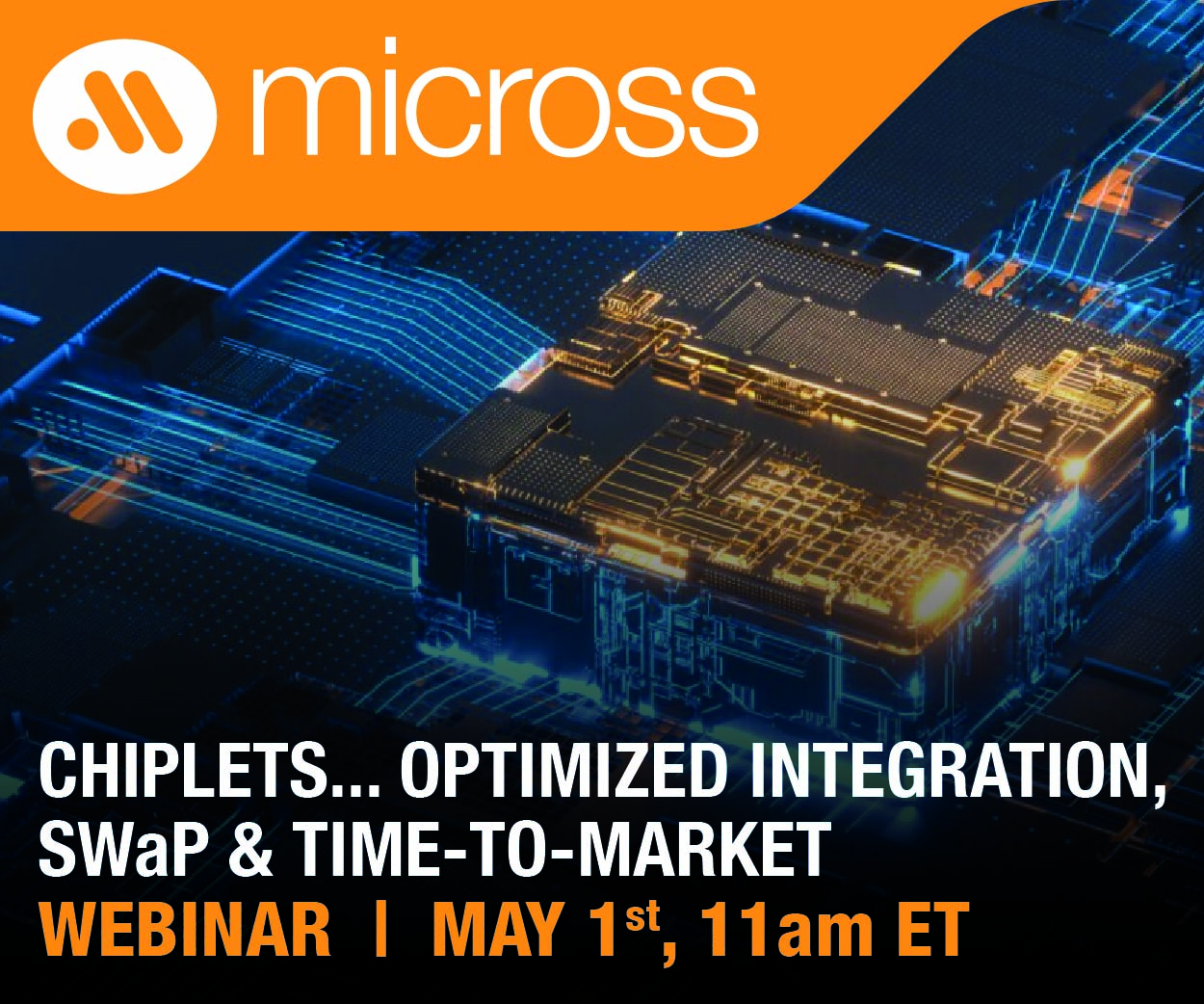The annual TestConX conference (www.testconx.org) was held March 5-8, 2023, in Mesa, Arizona. It offered a one-of-a-kind, one-stop shop for the latest information coming from the Test Connectivity eco-system (TCS) consisting of probe cards, test and burn-in sockets, and load boards. There were 80 exhibitors and presentations/tutorials across 4 days. Ira Feldman and the entire TestConX team did a wonderful job. This summary touches on the $5B TCS market and new developments and capabilities.

According to presenters from Feldman Engineering, Yole Intelligence, and TechInsights, while advanced test equipment (ATE) sales clock in at $5.6B – the TCS market needed to connect the device under test (DUT) to the test system is running at $5B. Wafer probe cards made up 51% of the 2022 market at $2.6B. This is driven by growth in wafer-level processing (WLP) including both wafer-level chip scale packaging and fan-out wafer level packaging, as well increased needs for known good die (KGD) going into high-priced multichip modules, and 2.5D/3D systems in package (SiP). Some eight-die silicon carbide (SiC) modules cost $80, which is a good example of the need for KGD. MEMS-based probe cards continued to grow and make up ~70% of the market, while cantilever and vertical types remain flat. Growth into 2027 for probe cards is 6% whereas test and burn-in sockets are growing at 6%. Sockets represent 35% of the TCS system at $1.8B ($1.2B in test & $0.5B in burn-in).
Notable developments in sockets included the first-ever introduction of metal-insulator transition material (MITM) in test sockets and in-socket liquid cooling. 4,5 The load board segment represents 14% of the TCS for $5B. Load boards – also referred to as DUT boards – form the connection/routing/interface between sockets and probe cards and the tester. Some forms of power distribution now drive DUT board stacking with 12µm layers between the boards.

Interesting higher-level TCS and tester presentations came from Texas Instruments, Teradyne, and NXP. There were very informative sessions on EV battery manufacturing and battery management systems (BMS)and test including a case of reducing test time from one week to one hour.
Infineon discussed its deployment of Design for Stress (DfS on over 30 products) for a huge reduction in burn-in and faster qualifications. The best presentation award went to Teradyne for RF systemp-leve test (SLT) – impressive internal RF instrumentation and upcoming needs include integrated “cell towers”, GPS repeaters, and high-frequency multiple input/multiple output (MIMO).
Noel Del Rio of NXP covered some very practical areas of TCS – referencing Ronald Reagan’s cold war era “trust but verify” in terms of actual TCS performance versus data sheets and simulated/advertised parameters – and that the “most expensive hardware is that which doesn’t work”! Octavio Martinez gave the keynote around Mixed Reality – mentioning target component dynamic preparedness metric (dpm) levels of <1 – to meet system goals (Hololens products) of <1000 dpm. Overall – a very in-depth conference on all TCS-related areas.
TestConX Papers Mentioned in This Blog Post Include:
[1] “Market Place Report – Curves & Waves” – I. Feldman, Feldman Engineering
[2] “Evolution of Semiconductor Technologies with New Applications Are Bringing A Bigger Stage for Test Suppliers” – L. Fu, Yole Intelligence
[3] “Future of Test Connectivity Systems” – P. Phadke, TechInsights
[4] “Metal insulator transition materials for next generation semiconductor test socket” – H. Kwon, Pukyong National University
[5] “IC Chip Testing in Liquid-in-Socket” – J. Zhou, Smiths Interconnect
[6] “Li-ion Cell Formation & Test Overview” – S. Anand, T. Dudar, Texas Instruments
[7] “Battery Management System Device Testing and Trends for Automotive” – B. Rousseau, Teradyne
[8] “Design for Stress” – J. Goncalves, Infineon
[9] “Utilizing System Level Test to Achieve High-throughput, Automated RF Testing” – J. Toscano, Teradyne
[10] “Mixed Reality: The Metaverse and what it means to Test Engineering” – O. Martinez, Microsoft
Contact the organizers for details on how to obtain proceedings.






















